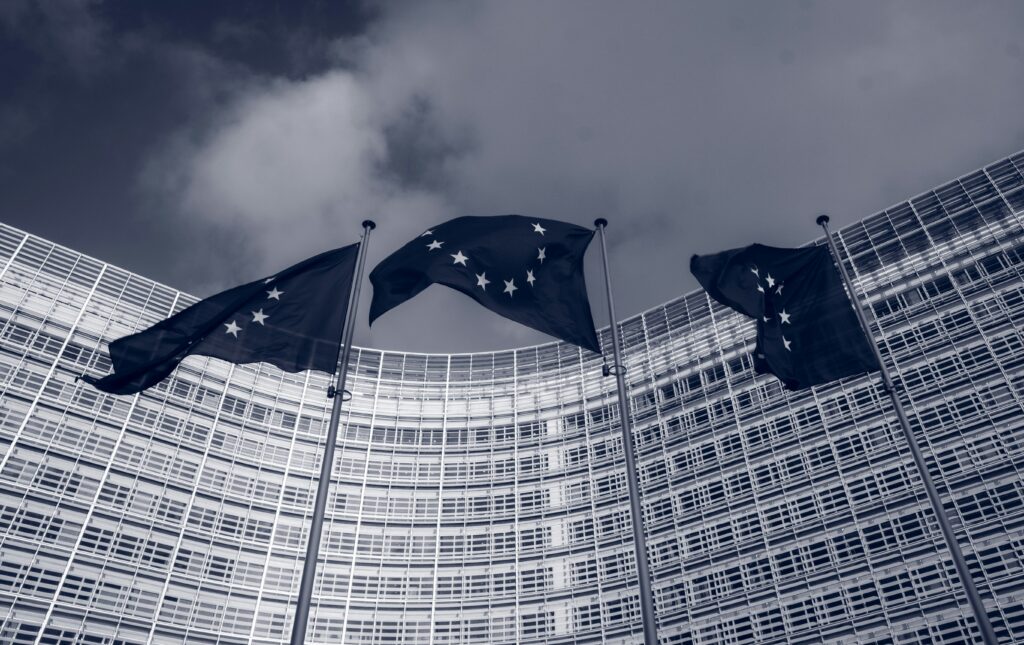In today’s rapidly evolving geopolitical climate, European businesses find themselves at a crossroads of significant international tensions and security concerns. The aggressive postures of global powers such as Russia, China, and Iran have not only reshaped the international political landscape but have also cast long shadows over the business environment across Europe. This article unravels the complexities of the international risk landscape, shedding light on the direct implications for businesses and offering strategic guidance for navigating these turbulent waters.
The Direct Impact of Geopolitical Tensions on Businesses
The first and foremost effect of the current geopolitical situation is the heightened risk of cyber-attacks and state-sponsored operations aimed at destabilising democratic societies. European companies, particularly in technology and defense sectors, are increasingly targeted by state-sponsored cyber espionage aimed at stealing valuable intellectual property and sensitive information. This threat extends beyond the immediate targets, affecting the entire supply chain, including small and medium-sized enterprises.
Moreover, international sanctions and conflicts have disrupted global supply chains, presenting businesses with the challenge of securing alternative sources and routes while maintaining compliance with international laws and regulations. The defense sector, heavily reliant on international cooperation and supply, finds itself particularly vulnerable to these disruptions. Russia‘s action in Ukraine, China‘s actions in the indo-Pacific Region, and Iran’s involvement in crisis in the Middle East all bring real complexity to business decisions.

Sector-Specific Risks and Responses
In the technology sector, European companies face the dual challenge of protecting their innovations from intellectual property theft and espionage, while also navigating an increasingly complex web of export controls and international regulations. The energy sector, too, grapples with the unpredictability of geopolitical shifts, which directly impact energy prices and supply security.
Each of these sectors has responded in its own way. Increased investments in cybersecurity, enhanced due diligence processes, comprehensive enterprise risk management programs, and diversified supply chains are just a few of the strategies being employed to mitigate these risks.
Broader Economic Risk Implications
The ripple effects of these geopolitical tensions are felt across European economies. Businesses are compelled to adapt to a changing regulatory landscape that is increasingly focused on national security and economic sovereignty. This shift has necessitated greater investments in compliance and risk management frameworks.
Moreover, these geopolitical tensions have the potential to reshape trade and investment patterns. Companies may find themselves reconsidering their market strategies, seeking to reduce reliance on volatile regions, and exploring new opportunities in more stable markets.

Strategic Advice for Businesses
In this complex environment, businesses must prioritise thorough risk assessments that encompass not just immediate operational risks but also broader geopolitical factors. Developing robust crisis management and business continuity plans is more crucial than ever.
Staying informed and engaging a risk management specialist and strategic advisor key. Businesses should engage with industry leading experts and actively seek to understand the international developments that impact their operations and engage in dialogues with governments and international bodies to advocate for their interests and seek clarity on regulatory changes.
Embracing Resilience and Adaptability
The current geopolitical landscape, fraught with challenges, also presents opportunities for those businesses that are proactive and adaptable. By understanding and effectively managing these risks, companies can not only safeguard their current operations but also position themselves to seize new opportunities in a rapidly changing world.
The operating environment for businesses in Europe is increasingly influenced by global geopolitical dynamics. Companies that stay informed, cultivate resilience, adaptability, and a keen understanding of these dynamics will be better positioned to navigate the international risks of this new era.
